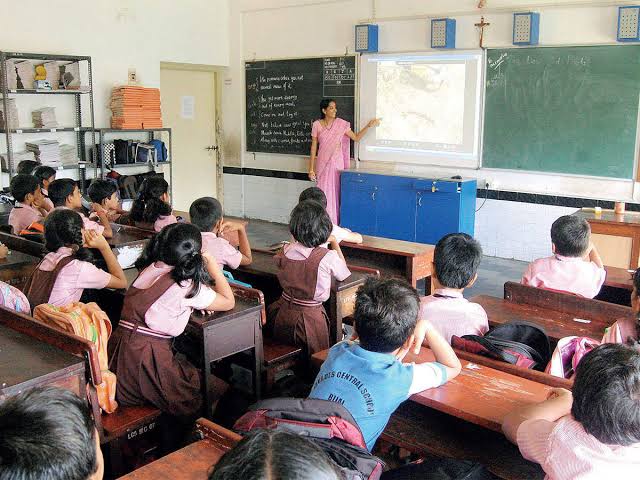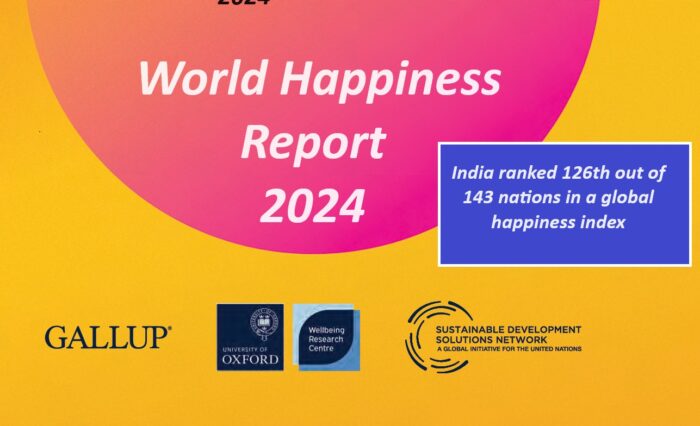
World happiest country:
India has a significant older population, with around 140 million people aged 60 and above, second only to China. Despite challenges, such as declining health and social connections, older age in India is often associated with greater life satisfaction.Various factors contribute to the quality of life in older age, with life satisfaction being a key indicator. It reflects how individuals perceive their lives overall. Factors such as social relationships, living arrangements, education, income, health behaviors, and health conditions influence life satisfaction among older adults.
India ranked 126th in World happiest country report 2024:
In a recent World happiest country report 2024, India ranked 126th out of 143 nations in a world happiness index ranking. This report highlighted that older age is linked with higher life satisfaction in India, the world’s second-most populous country. Interestingly, Finland has consistently emerged as the happiest country globally for the seventh consecutive year.

Research indicates that older women in India tend to have higher life satisfaction compared to older men. This difference may be due to women generally having broader and more diverse social networks, providing them with greater social support.
While some studies suggest that life satisfaction decreases with age due to health and social challenges, our research finds that older age is actually associated with higher life satisfaction in India. This could be because older adults become more experienced, mature, and adept at managing life’s challenges. Additionally, factors like marriage, social activity, good health, and satisfaction with living arrangements contribute to higher life satisfaction among older Indians.

Education also plays a crucial role in determining life satisfaction among older adults in India. Those with lower levels of education are more likely to face mental and physical health issues, which negatively impact their satisfaction with life.
Similarly, caste, a social classification system in India, affects life satisfaction. Individuals from higher social castes tend to report higher life satisfaction, partly due to better access to resources and fewer experiences of discrimination.
Overall, the study underscores the importance of family and social networks in ensuring a comfortable living arrangement for older adults in India. By addressing issues like discrimination and improving access to education and healthcare, we can enhance well-being in older age.
In conclusion, understanding the factors that contribute to life satisfaction among older adults in India is crucial for developing effective policies and programs aimed at improving their quality of life. By addressing social, economic, and health-related challenges, we can create a happier and more fulfilling environment for older Indians.

You can also read : Electoral bonds : Unraveling Corporate Contributions in Indian Politics

